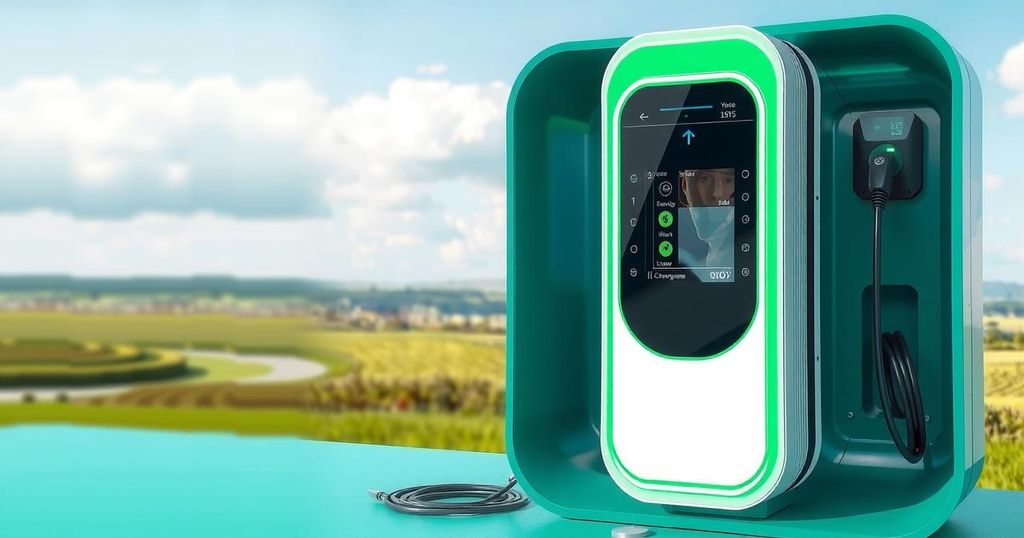China’s BYD Accelerates EV Market with Fast Charging, Challenging Tesla’s Lead
This article analyzes BYD’s breakthroughs in EV fast charging and its implications for Tesla, alongside Western automakers like Audi and Alfa Romeo reassessing their all-electric timelines, and Nissan’s strategic partnership for battery supply, reflecting the shifting dynamics within the automotive industry.
Chinese automaker BYD has recently announced a significant advancement in electric vehicle (EV) fast charging with a new 1,000 kilowatt DC charger, enabling five-minute charging times that will add approximately 250 miles of range. This development, relevant in the current EV landscape, marks a stark contrast to Tesla’s diminishing influence as its stock price continues to fall amidst growing skepticism about the company’s direction and product lineup.
The emergence of BYD as a frontrunner in the charging technology race raises concerns among Tesla investors about the company’s future. As Tesla struggles with a stagnant model lineup and relies heavily on ambitious yet unproven visions, the growing capabilities of competitors like BYD, which offers a range of EVs below $30,000, highlight significant challenges for the American automaker.
In the midst of these shifts, Audi and Alfa Romeo appear to be scaling back their commitments to all-electric models. Audi’s leadership has communicated a delay in transitioning to an electric-only lineup, citing challenges in the rollout process, while Alfa Romeo’s plans have encountered similar reticence. The Italian brand will maintain combustion engines for the foreseeable future, reflecting broader concerns about meeting ambitious production deadlines in the evolving landscape.
Additionally, Nissan has announced a partnership with South Korean battery manufacturer SK On to provide high-performance batteries for upcoming EVs to be built in America. This initiative is part of Nissan’s strategy to produce 30 new models, including EVs by 2028, and underscores a commitment to sustainable mobility and local manufacturing.
The potential impact of five-minute charging on the mainstream adoption of EVs raises questions about market reception and consumer preferences, especially regarding price points and brand origins. As more manufacturers innovate, the overall trajectory of the automotive industry may shift significantly towards more accessible and efficient electric vehicles.
In conclusion, the advancements made by BYD in ultra-fast charging technology pose challenges for Tesla, which is grappling with declining market perception and a stagnant product range. Meanwhile, traditional automakers such as Audi and Alfa Romeo are reassessing their timelines for electric vehicle production, suggesting a cautious approach amidst competitive pressures. Conversely, Nissan’s partnership with SK On signifies its commitment to electrification, potentially bolstering its position in the American market. The evolving landscape indicates that the race for EV supremacy is intensifying, particularly as Chinese manufacturers lead in innovative technologies.
Original Source: insideevs.com




Post Comment